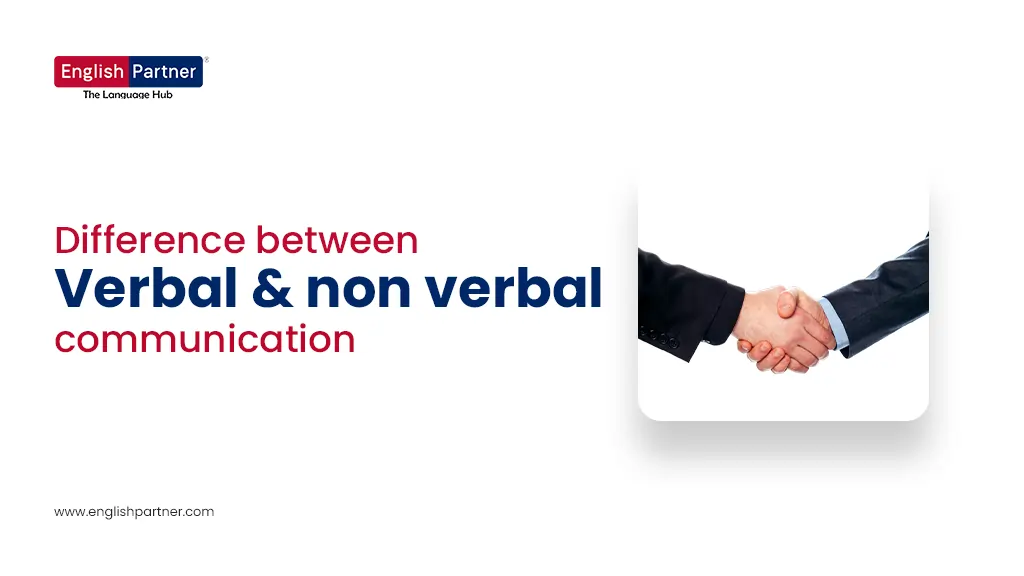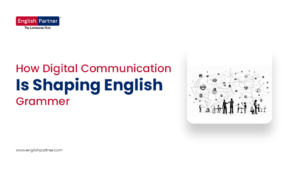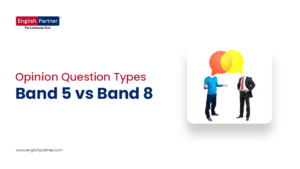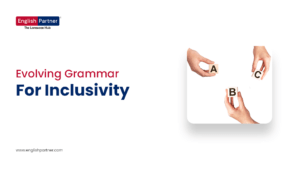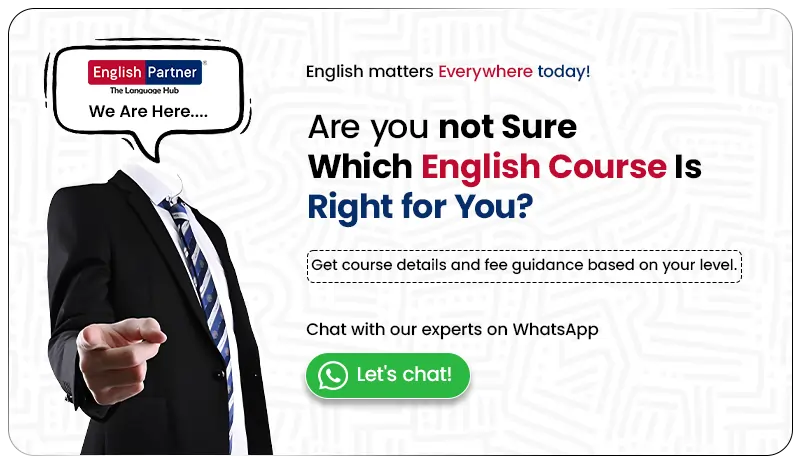Introduction
In this blog, I’ll explain to you the difference between verbal and non-verbal communication in a very simple way.
We’ll see what they mean, how we use them in daily life, and why both are important – especially when you’re learning to speak English.
Don’t worry – no big grammar or tough words here.
Let’s learn together.
What is Verbal Communication?
2. Good Morning / Good Afternoon / Good Evening
Use this when you want to sound polite.
When to use:
- Morning: Before 12 PM
- Afternoon: 12 PM to 6 PM
- Evening: After 6 PM
Example:
You: “Good morning, sir!”
Shopkeeper: “Good morning!”
3. How are you?
This is a friendly way to ask how someone is doing.
When to use: When you meet someone
Example:
You: “Hi! How are you?”
Friend: “I’m fine, thank you!”
(You can say “I’m good!” too.)
4. Nice to meet you
Say this when you meet someone for the first time.
When to use: First-time meeting
Example:
You: “Hi, I’m Meera. Nice to meet you!”
Other person: “Nice to meet you too!”
5. What’s up? (Casual)
This is a fun way to say hello to friends.
When to use: With close friends or someone your age
Example:
You: “Hey! What’s up?”
Friend: “All good!”
Goodbyes – How to End a Conversation
6. Bye! / Goodbye!
The most common and easy way to say goodbye.
When to use: Anytime
Example:
You: “Okay, bye!”
Friend: “Bye! Take care!”
7. See you later / See you soon
Use this when you will meet the person again.
When to use: With friends, classmates, coworkers
Example:
You: “See you later!”
Friend: “Yes, see you!”
8. Take care
This is a kind way to say goodbye, especially to someone older or close to you.
When to use: When you care about someone’s safety
Example:
You: “Take care, grandma!”
Grandma: “You too, dear!”
9. Have a nice day
Say this to wish someone well for the rest of their day.
When to use: After shopping, meeting, talking
Example:
You: “Bye! Have a nice day!”
Cashier: “Thanks! You too!”
10. Talk to you later
Say this if you plan to call or message again soon.
When to use: After a phone call or casual meet
Example:
You: “Alright, talk to you later!”
Friend: “Sure!”
That’s it! These 10 phrases are your first tools for speaking English easily. You don’t need to memorize big grammar rules-just start using these in real life, one by one.
Practice Tips: How to Use These Phrases
Now you know the phrases… but how can you remember and use them?
Here are some easy ways:
🔹 Use one phrase a day
Say “Hi” to your family or “Bye” at the shop. Start small.
🔹 Practice in front of a mirror
Look at yourself and say: “Good morning!” or “How are you?”
🔹 Write and speak
Write the phrases in a notebook and say them out loud.
That’s it! Just a little practice every day can help you speak better.
Want Help While Learning? Try English Partner
If you’re learning on your own, that’s amazing — but sometimes, a little help can make it easier.
That’s where English Partner comes in.
There is an online spoken English course made for beginners. You can learn from your phone, at your time, with friendly mentors who teach in simple ways — just like this blog.
Many learners across India are already using it to practice speaking every day.
If you ever feel stuck or want to speak better, English Partner is a good place to start.
You can check it out here: englishpartner.com/in
Speak with Words and Actions
Now you know the difference between verbal and non-verbal communication.
You don’t need to be perfect. Just start small. Say a few English words with a smile, and your message will always feel clear and kind.
Use your voice and your body language together — that’s real communication.
And if you ever feel stuck, English Partner is here to help you speak better every day.
Vishaleni

Frequently Asked question?
Yes! You can smile, wave, nod your head, or even look surprised - all without saying anything. That’s called non-verbal communication.
Because it shows how you feel. A happy face, a soft tone, or kind hand gestures help people understand you better - even if your English is simple.
- Practice speaking small English phrases daily
- Watch yourself in the mirror when you speak
- Try a spoken English course online like English Partner, where you learn both types naturally
Yes! Writing is also verbal because you're using words. Whether you're sending a message or writing in your notebook — it’s still communication with words.
That’s completely okay. Many people feel the same. Start with small phrases like “Hello” or “Thank you.” Practice daily, and your confidence will grow step by step.
Yes! In fact, it makes your English better. Smiling, using hand gestures, and speaking with a soft tone helps people understand you more clearly.

